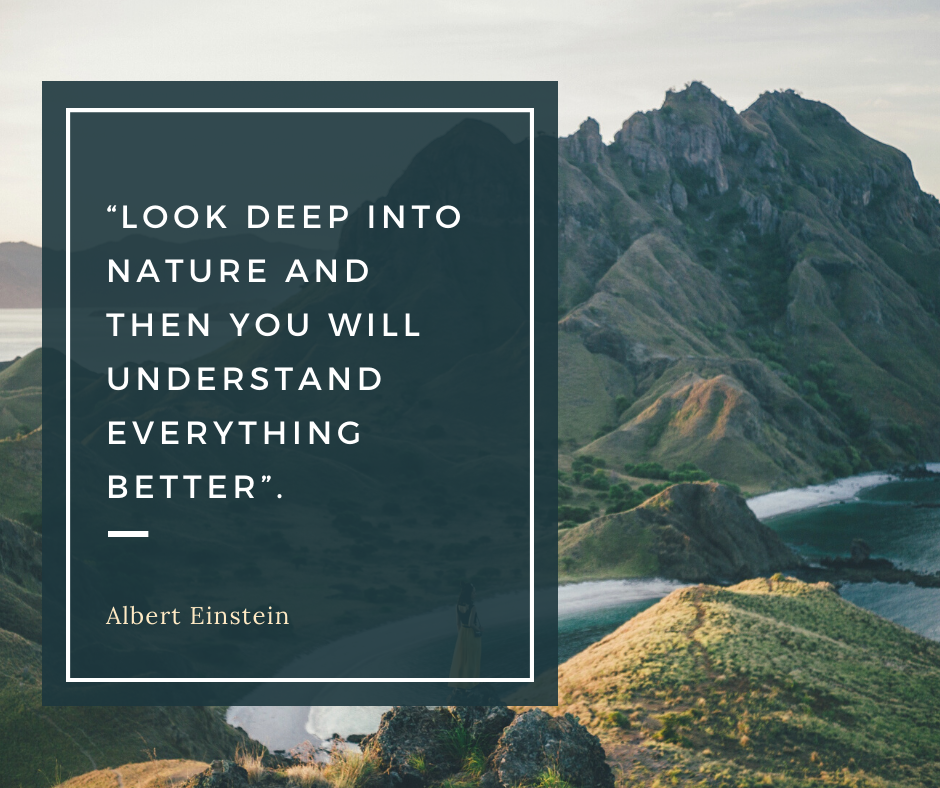Article: What’s really going on
here? How TetraMap helps to grow
systemic awareness.
by Emma Mauger – Lucid, Guernsey, Channel Islands
Layers of complexity

Many problems are complex and those we are experiencing in the 21 Century illustrate this well.
Across the world, the threat of the Covid-19 pandemic presents levels of complexity that have and continue to grow.
In technology, the future growth of AI is an ongoing debate made up of many different perspectives.
Similarly, population growth and increasing urban development are heralding challenges for resources, the environment, transport and impacting on social communities.
Today’s challenges, such as these, raise important questions for future living patterns. They often have wide-reaching ramifications for people, communities, countries, organisations and, not least, the planet.
A systems mindset
At one time, human beings focused on breaking problems down into their component parts to find simple and logical explanations to large questions. However when challenges have many layers of complexity, then working with the whole context is important. They require a systems mindset.
For organisations, the current pace of change and the new capabilities that are needed for long term sustainability are indeed complex. The speed of today’s operating context can create a pattern where problems are fixed swiftly and sometimes in isolation from any interconnected areas and in a way that doesn’t explore the root causes.
Today’s organisational challenges require a systems mindset to tackle them. This encourages a holistic view of the whole context, of the dependencies and the field of information available and a firm eye on the long-term outcomes. Without this, something essential may be missed.
Through its systemic approach, TetraMap® offers a way for leaders, groups and organisations to come together and work with today’s bigger questions and to solve them creatively. Here are seven areas that reveal TetraMap’s place as a systemic offering.
1. Recognise and expect complexity
When the original issue scratches at a deeper challenge or problem we sense a large knot that may seem too big to address and untangle. Being able to pause, stand back, reflect and see the panorama as well as the detail from multiple perspectives will show the other forces at play.
Playing with potential solutions to complex problems and engaging different perspectives along the way can widen the quality of potential answers that come up. TetraMap is three-dimensional, interactive and experiential. As a framework it helps to map what is happening and to engage teams in collaborating creatively on the possible solutions.
2. Look holistically
It’s important to see the wood and the trees.
Taking the time to appreciate our own preferences and contribution to the systems we are part of as well as the resources that support us are important. Then it’s vital to look beyond ourselves towards the wider whole. Looking at the properties of the whole can help to answer a range of organisational challenges because at this level problems show up which are not present when we look at individual components alone.
TetraMap affords people greater awareness of themselves and of others. When applied as a problem solving and planning framework, it creates a broad picture and uncovers many blind spots.
3. Interdependency
The notion of ‘every person for themselves’ is long outdated. We live in a world with strong interdependencies. One person’s health and wellbeing will impact another’s. If another team is experiencing conflict this may impact on my team’s ability to excel. My capacity to succeed will be limited if my supplier’s performance is compromised.
When we recognise interdependency we can appreciate the power of synergy that happens when we work in tune with others. In nature, we see these lessons unfold. The four elements, earth, air, water and fire are each entirely unique. Together they produce results that they could not deliver on their own. They depend upon each other to together enable an environment that is sustainable.
TetraMap applies these elements to team and individual performance. All of these elements are present within each of us in a unique way and exploring their presence and the balance they create in a team is always insightful. By understanding each other, we are more ready to connect. The nature of inter-dependent teamwork helps us understand the concept of how “My success depends on your success”.
4. We are all unique and our contribution is unique.
Each one of us has unique experiences, capabilities, values, beliefs and points of view. This makes us who we are and helps define what we uniquely bring to the work that we do.
Through TetraMap we learn that our preferences for how we like to be show up in different ways. How and when the ‘Earth’, ‘Air’, ‘Water’ and ‘Fire’ elemental preferences appear will differ from person to person. TetraMap’s short profiling instrument encourages self-exploration into a person’s unique preferences and their contribution to the systems they are part of. The profiling mechanics and multiplicity of ways the instrument can be responded to prove the unique ways of being within individuals.
TetraMap raises self and team esteem. It helps us recognise and celebrate the unique contribution we make to the systems we are part of.
5. Take a wide perspective.
The time of CEOs holding the key that will unlock the answer to every complex question is long gone. There is often no single answer to today’s organisational challenges that one person alone knows. We find creative solutions when we work together and when we acknowledge and respect the input of others. When leaders think systemically, there is less onus on them to have all of the answers.
Embracing different perspectives on any problem is important. Big questions often involve relationships and inter-relationships so need to embrace multiple points of view in the search for sustainable outcomes.
TetraMap engages everyone in the discussion, challenging people to widen their way of thinking. It respectfully proves the value of appreciating different perspectives and the multiple answers to questions, decisions and situations that can shape the response.
6. Embrace conflict.
Conflict will be present in different systems where responsibilities and interests are not always going to be the same. It’s a natural outcome.
If a community, or organisation has a culture of avoiding conflict in the interests of retaining the peace, the conflict still shows up but in different ways because it exists but isn’t being addressed.
TetraMap can help to address disagreements and differences respectfully and progressively and can be applied to support individuals and teams to identify and work through sources of disagreement and difference rather than ignoring them. We can use TetraMap as a lens to look at different needs and balance perspectives.
7. The importance of nature.
Nature and its many connecting systems and interrelationships has formed the main hub of much of the exploration around systems theory. Beyond scientific research, the preservation of the natural world is one of today’s mainstream conversations. Natural systems are significant to the sustainability of life on the planet and building a sustainable planet is vital for our survival. A perfect example of inter-dependence – nature and human nature.
Systems solve problems
Nature is a system we understand intuitively
TetraMap uses nature as a powerful metaphor to explore different behavioural preferences among people. Why nature? Well, it’s a universal metaphor that is widely relatable and valued. We all connect to nature in some way so each of us has a relationship with it. As the TetraMap learning unfolds we build our connection to nature and can adopt important lessons from the natural systems around us. Connecting with nature and its principles offers a creative and fun way to learn.
Too often there is the temptation to default to binary, opposite responses to large problems and questions. It’s right or wrong; good or bad. Alternatively, there’s the habit of reducing a problem down to find a quick solution. By taking the time to explore holistically, we can learn while we collaborate to solve the problem.
The pace and extent of change in the commercial world is unprecedented. Getting a rich and detailed picture that can lead to creative solutions to today’s challenges has huge value for leaders, teams, organisations and communities.
TetraMap offers a simple and powerful approach to gain perspective and facilitates people working together collaboratively and creatively. Call it a systems solution!
